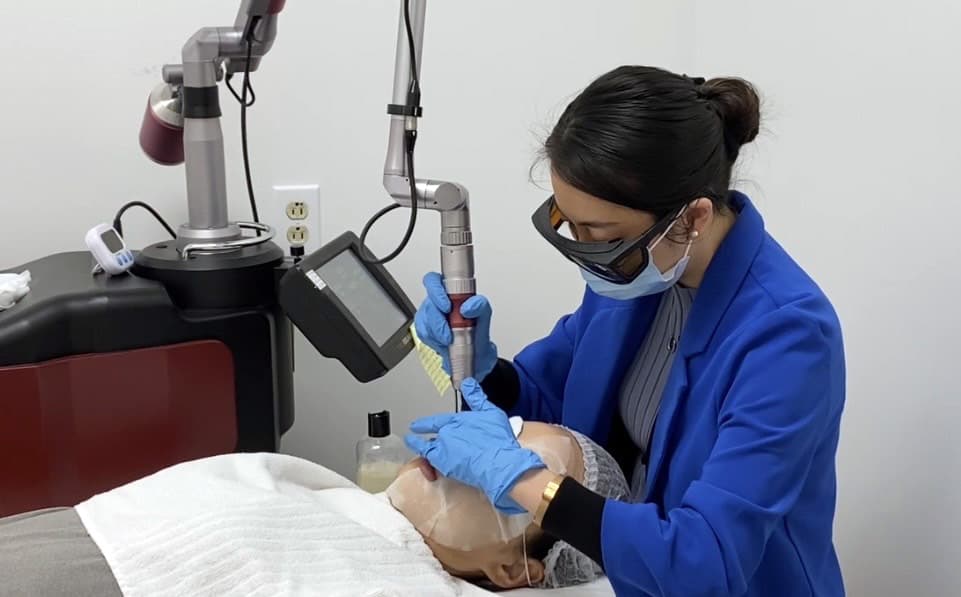Welcome to the captivating world of acting, where character development takes center stage. As aspiring actors, you understand the importance of diving deep into the minds and hearts of your roles. In this article, we’ll explore various methods and techniques for character development that will empower you to create unforgettable performances. Get ready to unlock your creative potential and take your acting skills to new heights!
Understanding the Character:
Before we dive into the exciting world of character development, let’s start by truly understanding your character. Take a deep dive into the script, digging into their background, desires, motivations, and conflicts. Think about their relationships, quirks, and how they fit into the story. This exploration sets the stage for an authentic and captivating portrayal.
Embrace Empathy:
Get ready to put yourself in your character’s shoes and tap into your empathetic side. Connect with their emotions, experiences, and perspectives. Feel what they feel, and let that emotional connection infuse your performance. Empathy is a powerful tool that brings depth and relatability to your portrayal.
Detailed Backstory:
Crafting a detailed backstory for your character gives them a rich and compelling history. Imagine their past experiences, relationships, and defining moments. Consider their upbringing, cultural influences, and impactful events. This backstory offers invaluable insight into their motivations and behaviours, helping you bring them to life on stage or screen.

Physicality and Voice:
Now, let’s explore the physicality and voice of your character. How do they move, stand, and interact with their surroundings? Experiment with different physical mannerisms and vocal choices that align with their personality. This adds authenticity and uniqueness to your character’s presence.


Observation and Research:
Time for some detective work! Observe the people around you, noting their mannerisms, behaviours, and quirks. Research individuals who share similarities with your character or have gone through similar experiences. These observations and research will inspire and inform your choices, making your portrayal more believable and genuine.
Psychological Exploration:
Let’s dive into the fascinating realm of your character’s psychology. Explore their fears, desires, insecurities, and internal conflicts. Dive deep into their belief systems, values, and the way they navigate relationships. Understanding their psychological makeup helps you portray them with depth and complexity.
Improvisation and Exploration:
Get ready to think on your feet! Improvisation exercises provide a platform to further explore your character’s traits and reactions. Create scenarios where your character interacts with others, responding in ways that stay true to their nature. This spontaneity and exploration will uncover new dimensions and nuances, enriching your understanding of the character.
Training:
Training is the bedrock of a successful acting career. Embrace the guidance and mentorship of experienced instructors who will share their knowledge and wisdom. Through dedicated training, you’ll enhance your ability to breathe life into characters with depth and authenticity.
Character development is the heartbeat of acting. By embracing empathy, creating detailed backstories, exploring physicality and voice, conducting observation and research, delving into psychology, and engaging in improvisation, you’ll unleash the full potential of your characters. Remember, training is the secret ingredient to your success as an actor. It equips you with the tools and techniques needed to master the art of character development. Embrace the journey, invest in your growth, and watch as your performances captivate audiences and leave a lasting impact. Get ready to shine!









